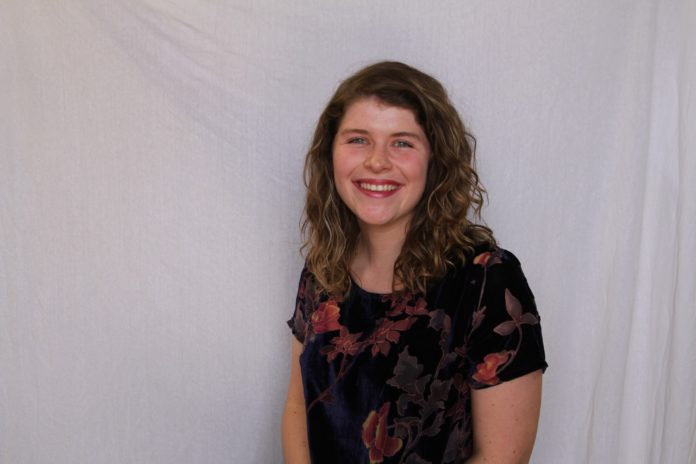By Corrie Coleman | Reporter
Can you remember a time when you were talking and felt like no one was paying attention? Yeah, me too.
No matter who you are, it’s discouraging to feel unheard or ignored. On the other hand, feeling heard and understood can be empowering.
Learn to listen well –– to your friends, professors, your boyfriend or girlfriend and even the cashier at H-E-B. It’s important to engage with those around us through active, compassionate and humble listening. Mindful listening leads to more informed opinions, deeper relationships and a better understanding of the world around us.
Active listening means concentrating fully on what is being said instead of passively hearing the information. This requires you to give your undivided attention to the other person. Active listening also means you communicate to the speaker that you are paying attention. By nodding or asking follow-up questions, you show interest in the other person and communicate that you care.
Compassionate and humble listening happens when we put aside our opinions, assumptions and agendas to see the world from another person’s point of view. I find that when I let go of my own judgements for a few moments, I am often able to empathize with the speaker and recognize my own misunderstandings. Humility when listening to others opens the door to connection, growth and new ideas.
Listening well can lead to more informed opinions. Habit No. 5 in Stephen Covey’s book “The 7 Habits of Highly Effective people” is “Seek first to understand, then to be understood.” This means that before we voice our own viewpoints, we should listen to others. Listen to the experiences, thoughts and attitudes of others before you speak.
Intentional and effective listening can help build deep relationships with mutual trust and respect. When we humbly and compassionately listen, the people around us feel valued. Learning about a friend’s experiences and thoughts provides opportunities to form meaningful connection.






